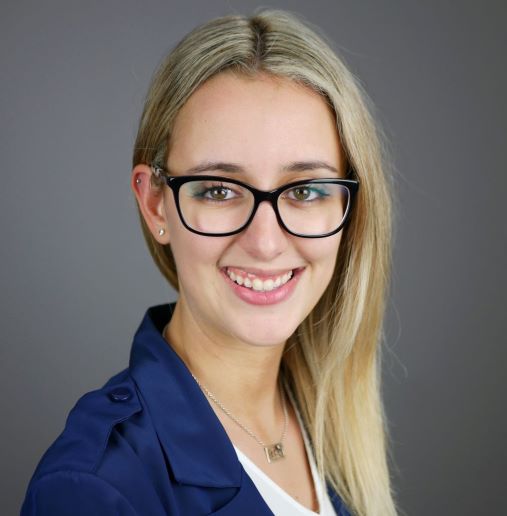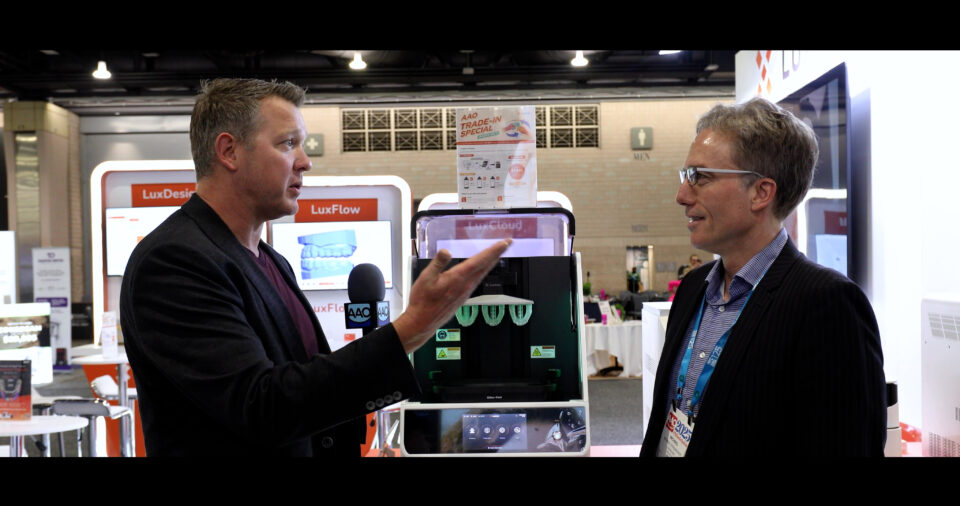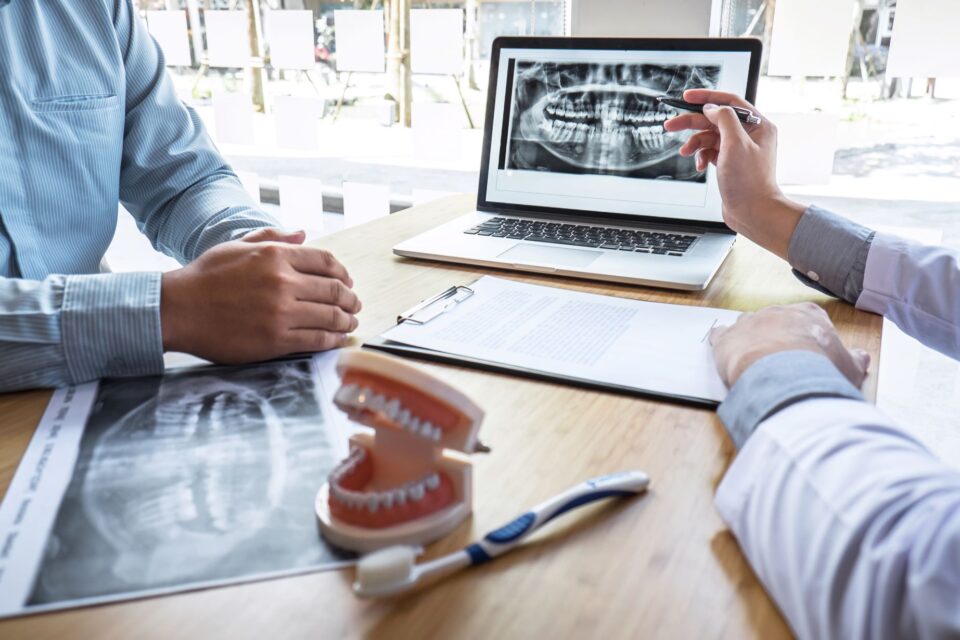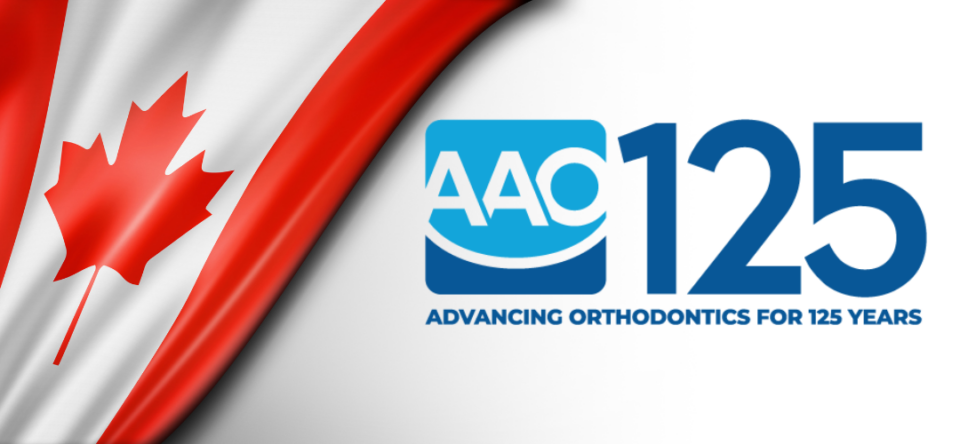At age 10, growing up in Toronto, Ontario, Dr. Shayna Azoulay-Avinoam first began wondering how children with special needs could be helped as she enjoyed the positive atmosphere of a typical orthodontic office.
“I first recognized orthodontics as the ‘fun dentist’ specialty,” says Dr. Azoulay-Avinoam. “There were pretty colors to choose from and no needles or sharp objects around, and everyone seemed to be having a good time. But I wondered, ‘What kind of orthodontists see kids who are sick? Who helps the ones with health problems or who look different than the kids at this office?’ Without an understanding of the true medical and surgical implications, I knew that there were children with special needs who might need care as well, which is where my interest in the subspecialty began.”
Nearly 20 years later Dr. Azoulay-Avinoam is entering the field that has long intrigued her, having recently completed the Craniofacial Orthodontic Fellowship at the Hansjörg Wyss Department of Plastic Surgery at the New York University Grossman School of Medicine. She has now begun work as the cleft and craniofacial orthodontist at St. Joseph’s University Medical Center – St. Joseph’s Children’s Hospital regional craniofacial center in Paterson, New Jersey.
Dr. Azoulay-Avinoam received the 2021 AAO Craniofacial Anomalies and Special Care Training Award. The award program, established in 2010, is designed to helpstimulate interest in orthodontic education careers specializing in the care of patients with craniofacial abnormalities. The AAO provides the recipient with a one-time, $30,000 award to help offset expenses during post-residency craniofacial care fellowship training.*
Laying the Foundation of a Subspecialty Career
Dr. Azoulay-Avinoam’s resolve to one day help craniofacial patients deepened during her teen years. She got to know many young people in this group by volunteering as a counselor at a summer camp for special needs kids.
“While my interest in being a ‘fun dentist’ never faded, it was met and exceeded by a fascination with healthcare and a drive to treat children, specifically those in the special needs population,” she says. By the time she completed her dental degree at the University of Toronto and enrolled in the orthodontic residency program at the University of Illinois – Chicago, Dr. Azoulay-Avinoam was eager to begin building knowledge of the craniofacial subspecialty.
Faculty of the residency program, including Drs. Veerasathpurush ”Sath” Allareddy and Budi Kusnoto, offered ideas for expanding her early introduction to craniofacial care. They helped Dr. Azoulay-Avinoam treat a small number of patients with craniofacial anomalies after she began duties in the residency clinic. She also observed their work with craniofacial patients, completed an externship at a craniofacial fellowship program, and developed a craniofacial seminar series for her residency class.
Dr. Allareddy, who is UI-C department head of orthodontics and Brodie Craniofacial Endowed Chair, and Dr. Kusnoto, professor and clinic director, had both completed craniofacial fellowships and mentored Dr. Azoulay-Avinoam as she prepared to pursue a fellowship.
“I was fortunate to have two excellent role models to turn to throughout my fellowship application process and beyond and am very grateful for their faith in me from the beginning,” she says.
Researching Innovations to Help Advance the Subspecialty
During her residency Dr. Azoulay-Avinoam also began developing direction for her long-term research interests. She utilized innovative data analysis technology in her residency program research, which addressed post-operative complication rates of craniofacial patients.
The AAO Foundation selected Dr. Azoulay-Avinoam for a 2019 Research Aid Award based on her study proposal, “Novel Machine Learning Approach to Examine Surgical Outcomes in Patients with Craniosynostosis.” Craniosynostosis, which is the premature fusion of cranial sutures, occurs in 1 in 2,000 to 2,500 live births. Patients typically require surgical procedures to address the condition and have skeletal issues affecting jaw structure, along with malocclusions that necessitate comprehensive orthodontic treatment.
Dr. Azoulay-Avinoam’s research examined post-surgical infections and other negative outcomes among patients with craniosynostosis as well as risk factors that may pre-dispose some cohorts to post-surgical infection. The study was published in the journal, Oral and Maxillofacial Surgery Clinics of North America.1
“In addition to improvement of treatment outcomes, my future research aims are quality of life assessments for patients and families undergoing craniofacial treatment protocols,” says Dr. Azoulay-Avinoam. “Within this area, I would like to focus on early versus late intervention, treatments that best minimize the stigma of facial difference, and optimal stages of development for providing care to the growing child and adolescent. I believe that as a profession we should focus on how children with facial differences navigate society and our role in improving self-esteem and the patient’s engagement in their own treatment.”
As part of her fellowship work at NYU, Dr. Azoulay-Avinoam focused on investigating outcomes of pre-surgical infant orthopedic techniques applied by orthodontists.
“I became interested in this clinical subject because I feel its utilization is what sets craniofacial orthodontists apart and is a true service to our patients,” she says. “While it is daunting to treat a child who is only a few days old, the results and impact it has on that child and family are endlessly rewarding. I hope to continue research in this area into the future and further reporting on my own innovations and outcomes.”
Dr. Azoulay-Avinoam was an active member of the NYU treatment team that works with many pediatric and adult patients who have congenital and acquired craniofacial abnormalities. Her duties included diagnosis of complex craniofacial anomalies and cleft lip and palate, orthodontic treatment planning and interdisciplinary treatment planning with surgical and other team members.
“NYU afforded me ample opportunity to learn the world of craniofacial care outside of clinical orthodontics,” says Dr. Azoulay-Avinoam. “I was particularly interested in, spending extra time whenever possible in the operating room and learning from the craniofacial plastic surgeons directly. The integrative and comprehensive approach that NYU takes to care of their patients with craniofacial anomalies is how I will forever model my practice and approach to patient care.”
As she continues to learn, patients provide Dr. Azoulay-Avinoam with the inspiration that drives her high motivation level. Her relationships with them inform her plans for future work as a clinician, educator and researcher.
“Working with children with craniofacial conditions from the age of 1 week, to their fully realized potential as adults inspires me every day,” she says.
* Requirements for the AAO Craniofacial Anomalies and Special Care Training Award include graduation from a U.S. or Canadian accredited orthodontic program; current or imminent enrollment in a CODA-accredited Craniofacial Anomalies and Special Care program; appointment as a full-time faculty member; AAO membership; and citizenship of the United States or Canada (or are actively pursuing citizenship).
Learn More
1. Shayna Azoulay-Avinoam, Richard Bruun, James MacLaine, Veerasathpurush Allareddy, Cory M Resnick, Bonnie L Padwa. An Overview of Craniosynostosis Craniofacial Syndromes for Combined Orthodontic and Surgical Management. Oral Maxillofac Surg Clin North Am. 2020 May;32(2):233-247. doi: 10.1016/j.coms.2020.01.004. Epub 2020 Feb 17.



